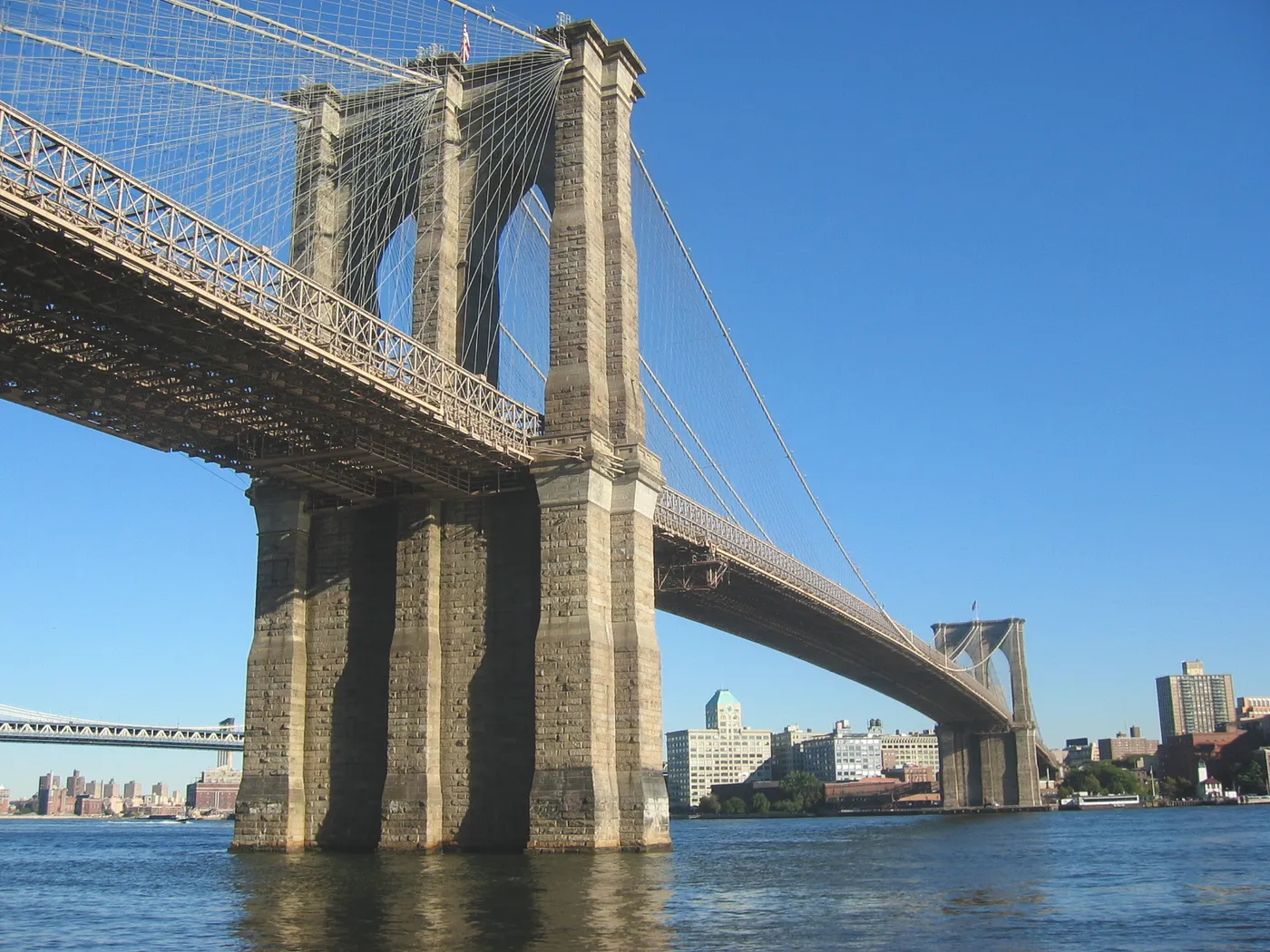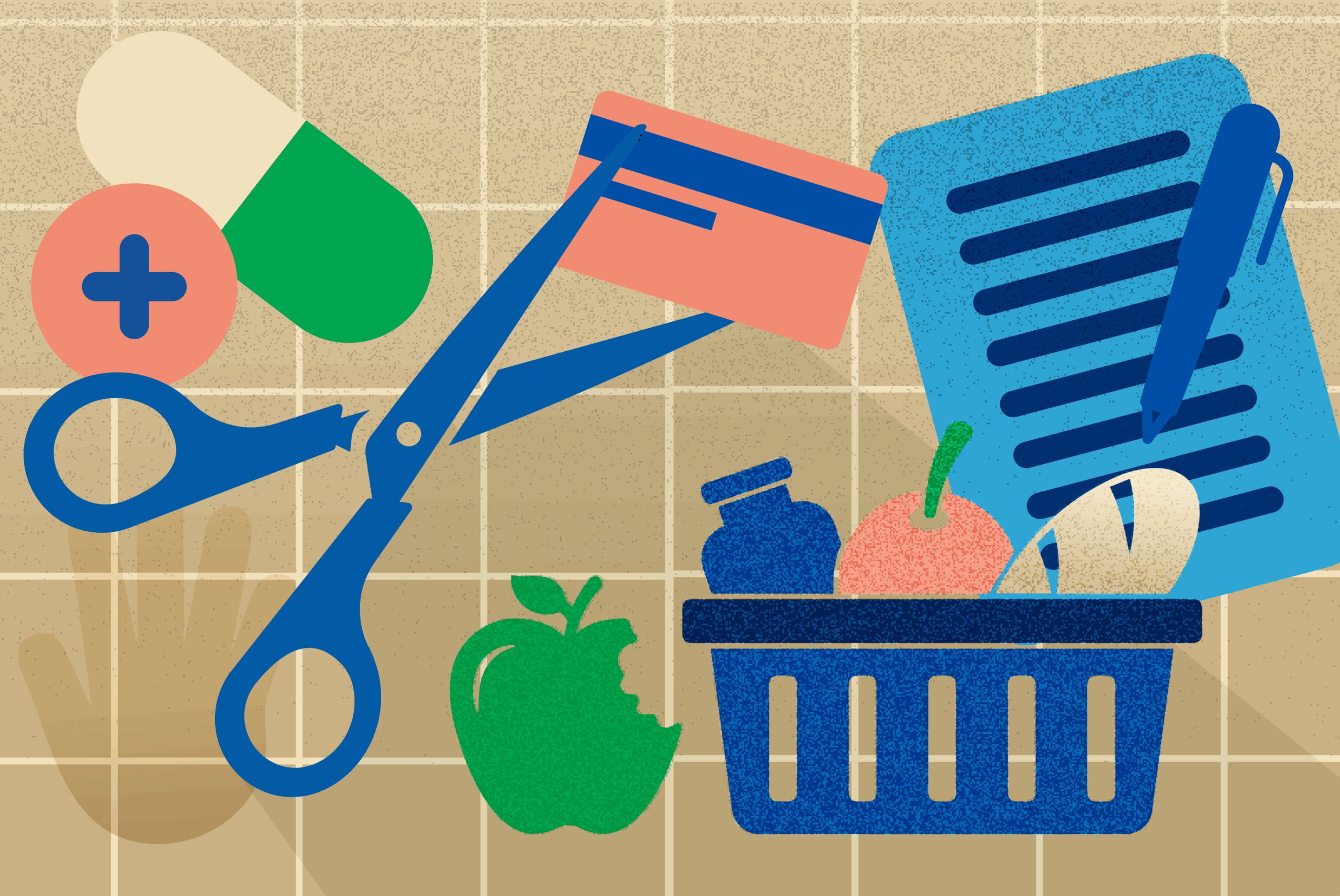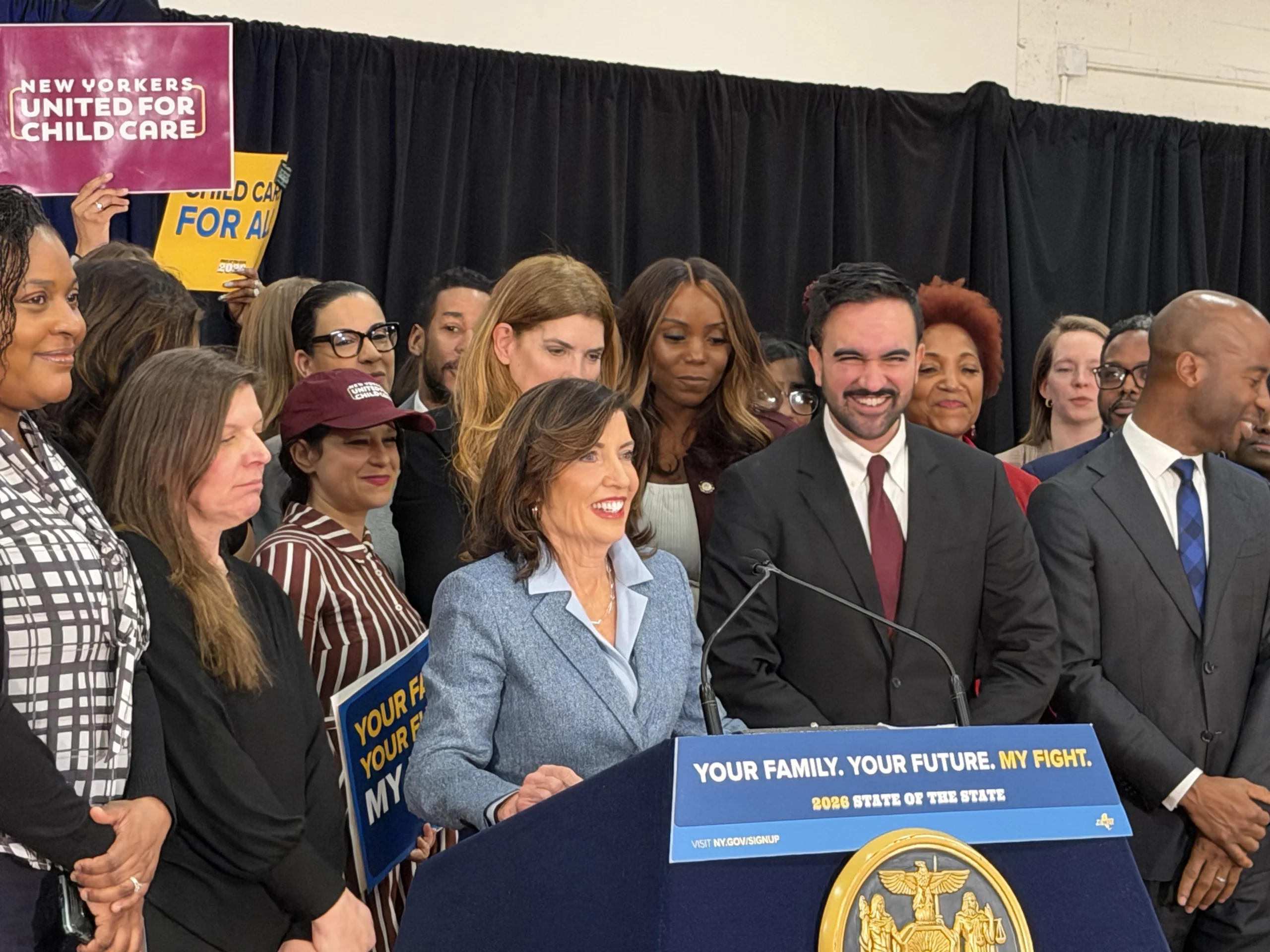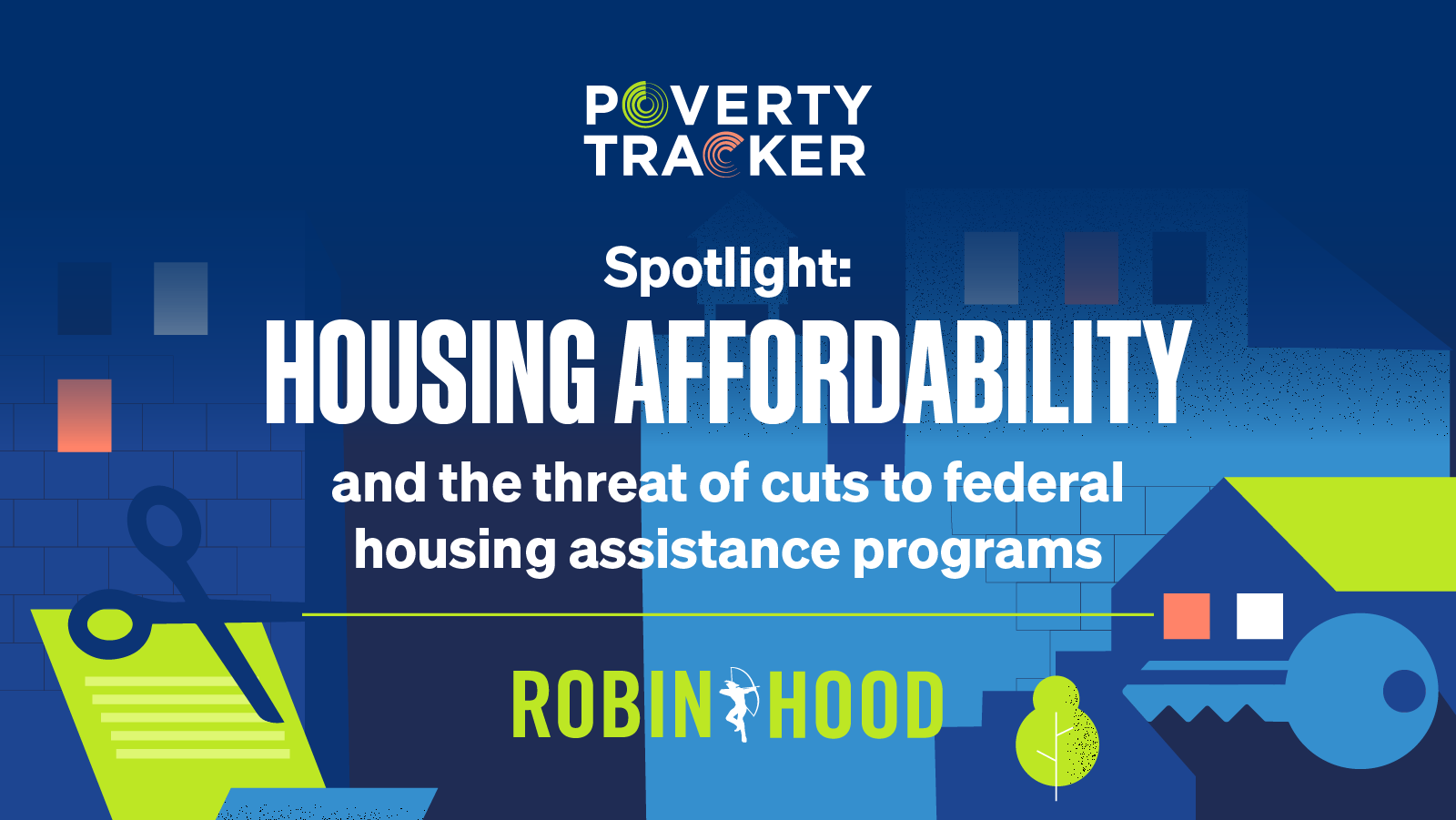Jul 22, 2021
How New York City’s Next Mayor Can Fight Poverty
From Crisis to Opportunity: A Policy Agenda for an Equitable NYC
By Jason Cone, Chief Public Policy Officer

Philanthropy alone cannot, and should not be expected to, end poverty.
So long as New York City upholds inequitable systems and structures, poverty will continue to prevail in our city.
That’s why, in 2018, Robin Hood expanded its work into the public policy realm to complement our decades of knowledge and experience from direct-service grantmaking. By coupling our grantmaking with political advocacy, we knew that we could support efforts to shift the inequitable systems and structures that block economic mobility for New Yorkers living in poverty.
We’ve supported our community partners in achieving wins along the way for low-income communities. Through directly supporting coalition-building and targeted strategic advocacy efforts, we’ve played a role in reforming New York State’s archaic partial unemployment laws so that low-wage workers will no longer be penalized for taking on part-time work to make ends meet. We’ve provided similar support to help reform the criminal justice system through the Less is More Act, which recently passed in the NY Legislature. We’ve also contributed to securing guaranteed free legal counsel for low-wage tenants facing eviction. And we’ve helped to expand the child tax credit as we seek to eradicate child poverty.
Now that our city is gearing up to usher in new leadership in less than six months, we are advocating even more strongly to create a more equitable New York for the communities we serve.
When the City’s new mayor takes office in January, they will face unprecedented challenges. Rather than aiming to return to a pre-pandemic “normal” — which left one in two New Yorkers and 60% of Black and Latinx New Yorkers living in poverty for at least one year between 2016 and 2019 — they have an opportunity to rebuild a new New York that supports all our fellow New Yorkers.
That is why Robin Hood, the Century Foundation and Next100 have developed an ambitious plan to tackle poverty, build meaningful pathways to economic opportunity, and support New York City’s recovery from the pandemic.
“From Crisis to Opportunity: A Policy Agenda for an Equitable NYC” is an extensive blueprint for New York City’s next mayor, featuring data-driven, evidence-informed, and deeply attainable poverty-fighting recommendations that reimagine our workforce development, child care, education, affordable housing, policing, and human services systems.
This agenda is a true New Yorker’s agenda, addressing the issues most pressing to our communities, informed by their lived experiences and developed with their input at the forefront — via surveys, focus groups, and polling data with residents.
Notably, many of the recommendations leverage new federal stimulus money flowing into the city and require little to no new revenue generation, and yet their projected impact is substantial.
An overview of our recommendations are below:
Child Care
This platform puts families back on their feet with policies that seek to restore New York City’s child care supply, ensure that every family unable to afford child care assistance can receive it, and that children have equitable access to high quality child care and early learning experiences. According to researchers at Columbia University’s Center on Poverty and Social Policy, our child care recommendations would decrease the poverty rate for children under age three in New York City by five to eight percent.
Education
This platform aims to support school-age children getting back on track through expanded high-impact tutoring and acceleration academies, greater emphasis on high-quality, culturally relevant instructional materials, expanded mental health and social emotional support, and more diverse learning and career opportunities for students.
Economy & Jobs
This agenda proposes a new wage subsidy program that would promote the speedy rehiring of 30,000 New Yorkers — and at least 24,000 New Yorkers of color — and help thousands of impacted small businesses reopen. In total, it will empower 150,000 workers who have been permanently displaced by the pandemic to find new and better paying jobs.
Housing
This agenda expands eligibility for the city’s main rental assistance program (CityFHEPS) and expands other eviction prevention programs like Right to Counsel and One-Shot-Deal to promote housing stability for New Yorkers and their children.
Policing
This platform calls for public investment in community-driven prevention programs to end violence and crime, tackling the school-to-prison pipeline, and greater oversight and accountability of racially-biased police practices.
Human Services
This agenda seeks to overhaul how and when our vital nonprofits are contracted, paid, and included in future disaster and recovery planning, including recommending a wage floor of $21 an hour for the sector’s predominantly female and Black and Latinx workforce.
By prioritizing attainable and data-driven policies that will break the cycle of poverty and expand opportunity, our next mayor will not only help our city recover from COVID-19; they will rebuild a new New York that makes our city more resilient and equitable than ever before.


